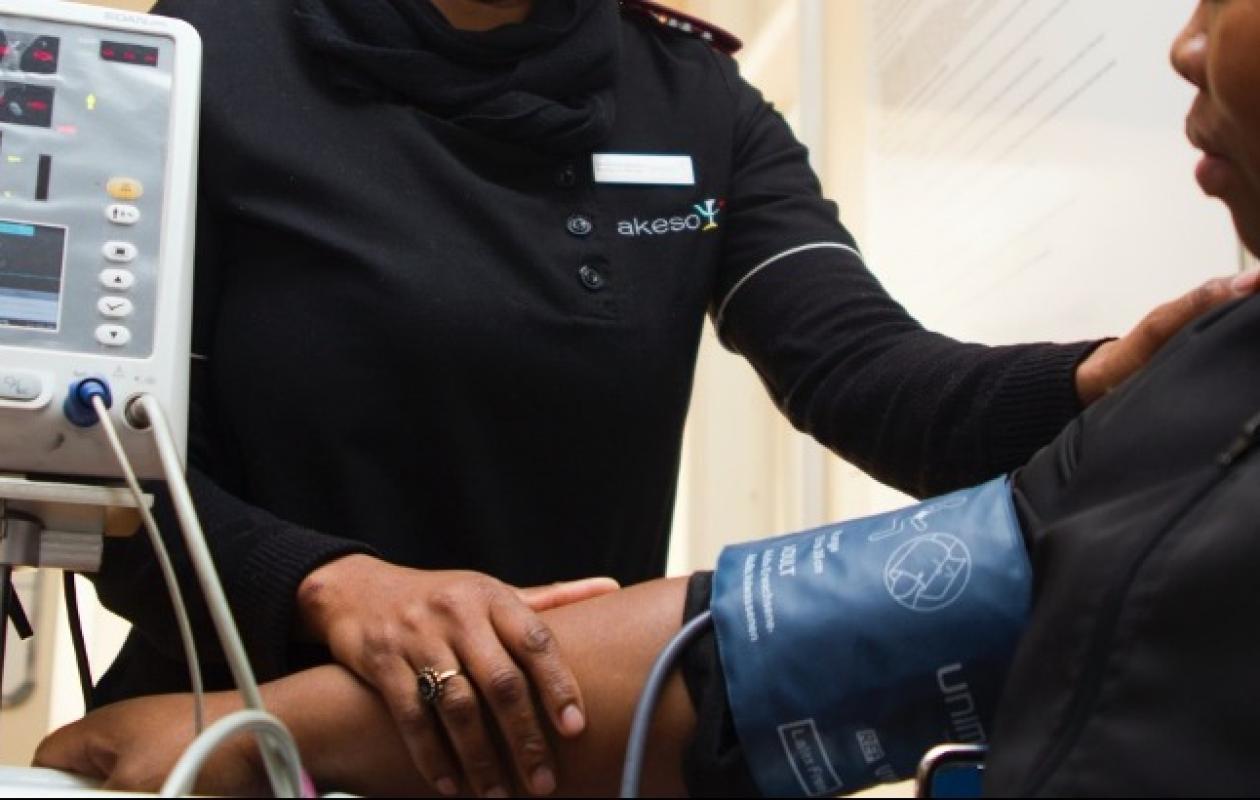
Hypertension artérielle : plus d’un milliard de personnes à risque de maladies cardiovasculaires
The World Health Organization (WHO) has released its second global report on hypertension, revealing that by 2024, nearly 1.4 billion people will be living with high blood pressure.
Only one in five people can control the condition with medication or lifestyle changes, according to the report presented on the sidelines of the 80th United Nations General Assembly.
A global scourge still poorly controlled
High blood pressure remains a leading cause of stroke, myocardial infarction, chronic kidney disease, and dementia. While both predictable and treatable, the lack of an urgent global response could continue to cost millions of lives and increase economic losses.
Between 2011 and 2025, cardiovascular diseases, including hypertension, are expected to cost low- and middle-income countries around USD 3.7 trillion, or nearly 2% of their combined GDP. “Every hour, more than 1,000 people die from a stroke or heart attack related to hypertension, most of which are preventable,” said Dr. Tedros Adhanom Ghebreyesus, WHO Director-General. “With political will and sustained investment, we can save millions of lives and advance universal health coverage,” he added.
Glaring inequalities between rich and poor countries
The analysis of 195 countries and territories found that in 99 countries, fewer than 20% of people with hypertension have their blood pressure under control. The majority live in low- and middle-income countries, where health systems lack resources, skilled staff, and consistent access to medication. “Uncontrolled hypertension causes 10 million deaths each year. Low- and middle-income countries are still being left behind, while those that integrate hypertension control into primary care are achieving significant results,” said Dr. Kelly Henning, head of Bloomberg Philanthropies’ public health program.
Access to medicines, the cornerstone of progress
Antihypertensive drugs are among the most cost-effective public health interventions. Yet, only 7 out of 25 low-income countries (28%) report having all the drugs recommended by the WHO, compared to 93% of high-income countries.
The report highlights persistent barriers related to the regulation, pricing, availability, prescribing, and distribution of treatments. “Safe, effective, and inexpensive medications exist to control blood pressure. Yet too many people lack access to them. Closing this gap would save lives and billions each year,” said Dr. Tom Frieden, president and CEO of Resolve to Save Lives.
Commentaires (0)
Participer à la Discussion
Règles de la communauté :
💡 Astuce : Utilisez des emojis depuis votre téléphone ou le module emoji ci-dessous. Cliquez sur GIF pour ajouter un GIF animé. Collez un lien X/Twitter, TikTok ou Instagram pour l'afficher automatiquement.